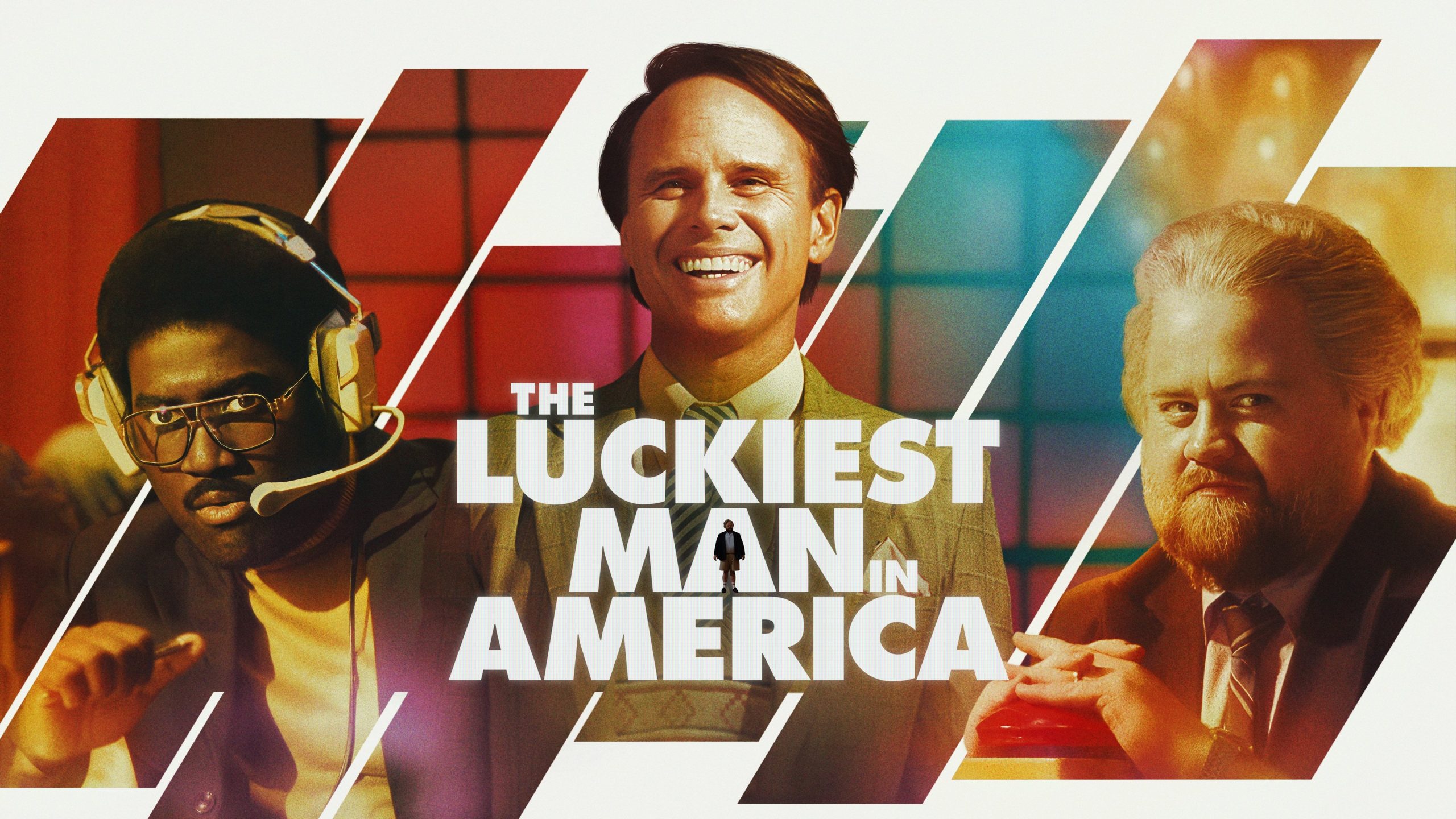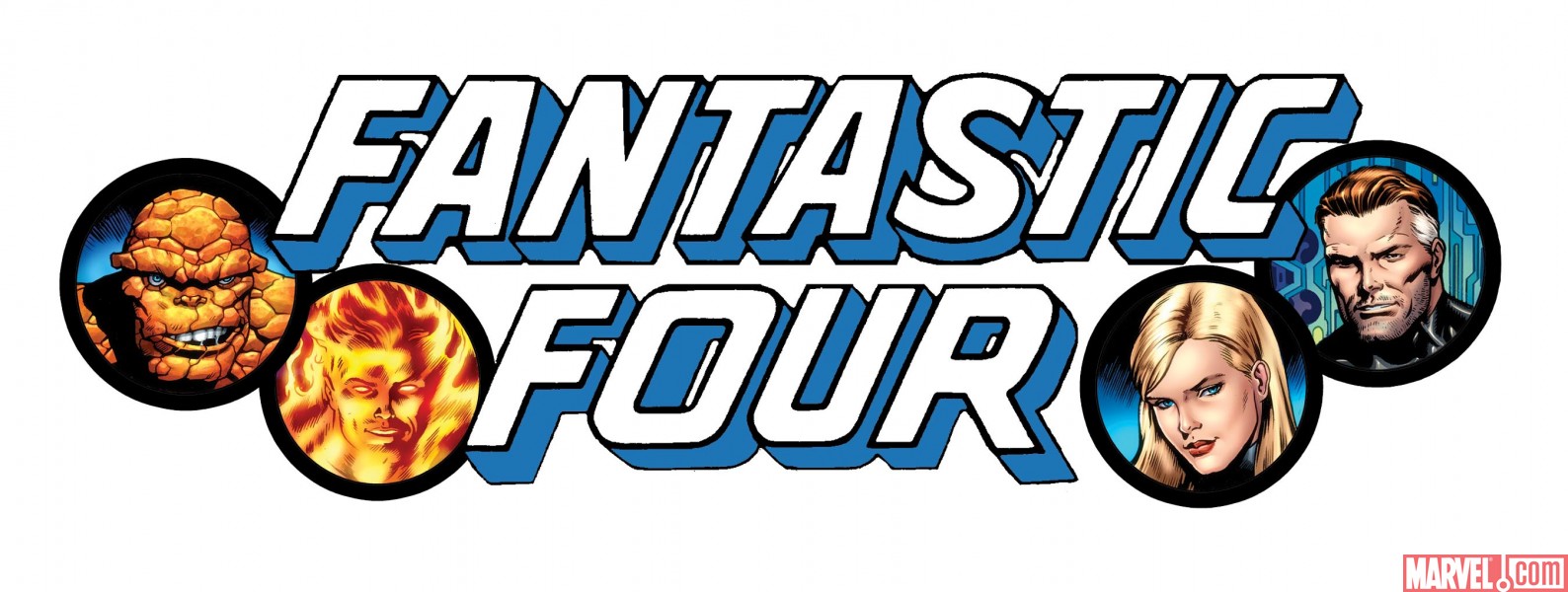Overview
1984; Michael Larson, an unemployed ice-cream truck driver from Ohio, steps onto the game show "Press Your Luck" harboring a secret: the key to endless amounts of money. But his winning streak is threatened when the executives in the control room start to uncover his real motivations.
There were various quiz show scandals in the US over the latter half of the 20th century, and a number of them have been explored previously in docu-dramas for TV, or on the big screen, such as Redford’s 1994 film Quiz Show. Luckiest Man In America focuses on one scandal that erupted around a daytime quiz show named Press Your Luck, which involved a contestant who was suspected of cheating due to being a little too lucky in his ‘random’ stops of the board – his secret was that the random aspect wasn’t as random as the show claimed, and he had worked out the pattern.
This is a fascinatingly told tale, which a disclaimer at that start points out that some elements are embellished or fictionalised for dramatic purposes, and has a strong line up of names involved in the cast. Paul Walter Hauser plays Michael Larson, the real world contestant who played the system, with an awkward and humble approach. Walton Goggins is the host Peter Tomarken, and exudes quiz-host charm and charisma beautifully. David Straithairn is the tv executive Bill Carruthers, who realises that something isn’t right and starts to panic. Even Maisie Williams and Shamier Anderson as Sylvia and Chuck, workers on the production who are there to monitor and guide the contestants, add flavour to the tale – even if their parts are mostly fictional, and responsible for some of the embellished moments within.
Most of the film is almost real-time in approach, as it is set primarily around the filming of the episode of the show (one that ran so long they had to air it in two parts). The embellished aspects do stand out a little, and don’t actually feel necessary aside from upping the pressure levels on Hauser’s lead role, or allowing some reflection on who Larson was as a person, but as wild as they sometimes get, they never take away from how fascinating a study of the quiz show system is. The tension in the control room is played out well, whilst Hauser owns the limelight on the show itself.
This was a pleasant surprise, and largely that is due to how likable Hauser is in the central role, and it casts an eye on a fascinating period of TV history. Whilst nowhere near as good as Quiz Show was, this is a decent companion piece to that film, and well worth checking out.





